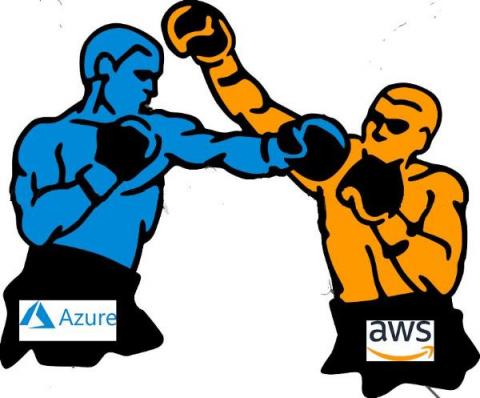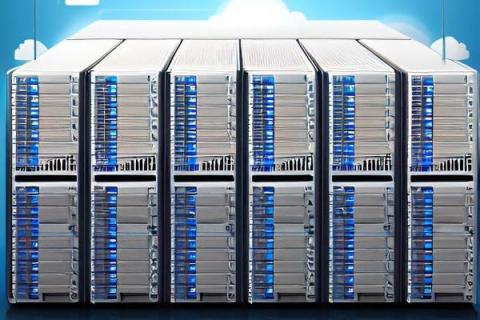Microsoft Azure vs AWS
Welcome to the fascinating world of cloud computing! As you traverse this realm, you’re bound to encounter two behemoths, Microsoft Azure and Amazon Web Services (AWS). Each champion in their own right, these two platforms dominate the landscape, offering a myriad of solutions that are designed to propel businesses to greater heights. But, as with most things in life, you’re bound to question which is the better choice for your specific needs.











